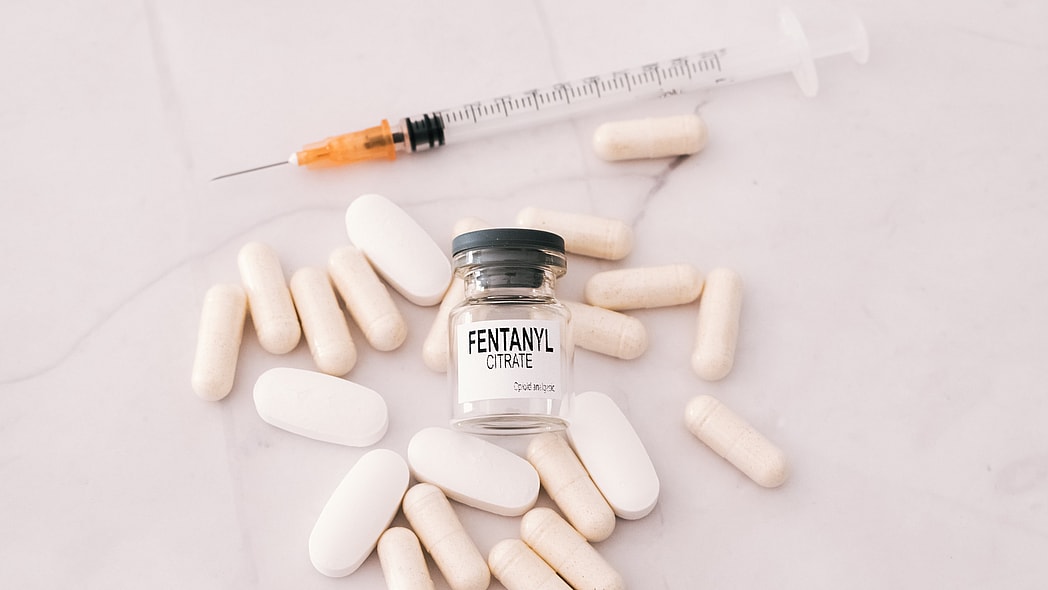The Food and Drug Administration has just approved a first-of-its-kind needle-free alternative to EpiPens or epinephrine autoinjectors.
Neffy, a nasal spray that delivers a dose of epinephrine, is the first treatment for anaphylaxis that isn’t delivered by injection. Before Neffy, the only way to intervene during a life-threatening response to an allergic reaction was with an injectable device like the EpiPen.
“Anaphylaxis is life-threatening, and some people, particularly children, may delay or avoid treatment due to fear of injections,” Kelly Stone, MD, PhD, associate director of the Division of Pulmonology, Allergy and Critical Care in the FDA’s Center for Drug Evaluation and Research, said in a release announcing the treatment’s approval.
A person can experience anaphylaxis or go into anaphylactic shock within minutes of exposure to an allergen. Common severe allergies include food, insect stings and medications. When this happens, the rapid administration of epinephrine is the only way to reverse course.
“The availability of epinephrine nasal spray may reduce barriers to rapid treatment of anaphylaxis,” Stone added. “As a result, Neffy provides an important treatment option and addresses an unmet need.”
This is huge news for those who live with severe allergies, and, in particular, Black communities, as Black people and children have the highest rates for food allergies than any other demographic in the country.
Recommended Stories
Despite being at greater risk, research has also proven that Black communities are overwhelmingly undereducated on how to recognize and treat anaphylaxis.
A study found that when asked what they should do when someone begins to show symptoms of anaphylaxis, 42.7% of Black and 52.4% of white respondents knew that they should immediately use an epinephrine autoinjector. The Mayo Clinic reports common symptoms include skin reactions like hives, itching and redness; low blood pressure, difficulty breathing, swollen tongue, wheezing, weak or rapid pulse, nausea or vomiting and dizziness or fainting.
Additionally, the study found that of respondents who have had an anaphylactic reaction, 19.2% reported administering epinephrine as their first action, with a stark contrast between Black (8.1%) and white respondents (21.5%), despite carrying EpiPens at roughly the same rates.
According to Food Allergy Research and Education, food allergies are also on the rise in all Americans, with roughly 33 million claiming at least one food allergy.
“Milk, egg, peanut, tree nuts, wheat, soy, fish and crustacean shellfish were identified as responsible for at least 90 percent of the serious food allergy reactions in the U.S.,” the organization says.
While a firm release date for Neffy has yet to be set, the new treatment has been given Fast Track status by the FDA.










